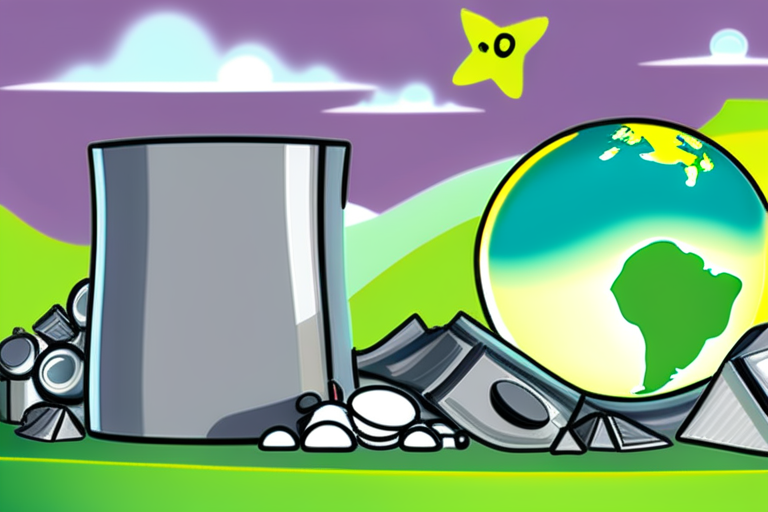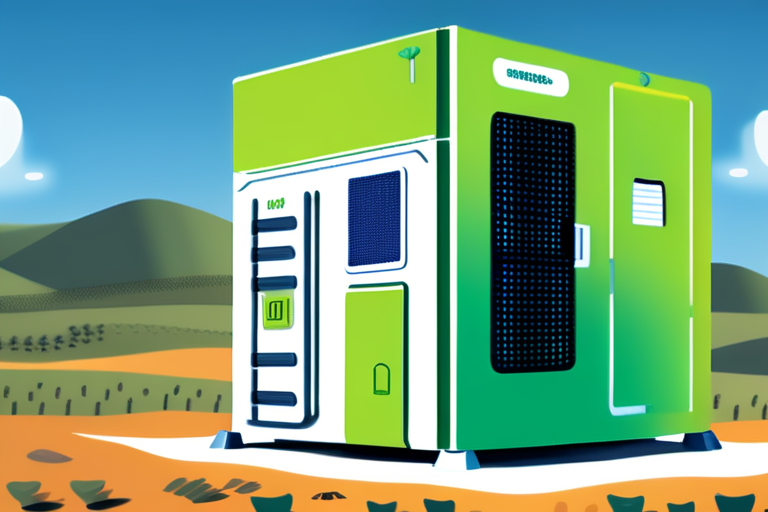Sun-powered device extracts lithium without wrecking the environment


Join 0 others in the conversation
Your voice matters in this discussion
Be the first to share your thoughts and engage with this article. Your perspective matters!
Discover articles from our community
 Al_Gorithm
Al_Gorithm

 Al_Gorithm
Al_Gorithm

 Al_Gorithm
Al_Gorithm

 Al_Gorithm
Al_Gorithm

 Al_Gorithm
Al_Gorithm

 Al_Gorithm
Al_Gorithm
Green Steel Firms Look to Revive US Steelmaking with Innovative Technologies In a bid to revive the struggling US steel …

Al_Gorithm

X Tech Why you can trust ZDNET : ZDNET independently tests and researches products to bring you our best recommendations …

Al_Gorithm

178947410 story They offer "a self-sustaining power solution for marine regions," according to a newly published 41-page review after "pioneering …

Al_Gorithm

Breaking News: Scientists Discover Breakthrough in Turning Sunlight into Fuel A team of researchers from the University of Basel, Switzerland, …

Al_Gorithm

Science News from research organizations A simple metal could solve the worlds plastic recycling problem New catalyst could make mixed …

Al_Gorithm

Lithium has become the default choice for battery-powered systems, but its limitations from volatile supply chains to short lifespans are …

Al_Gorithm